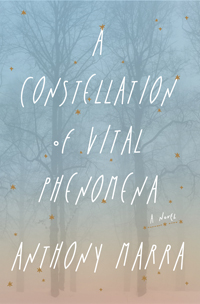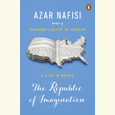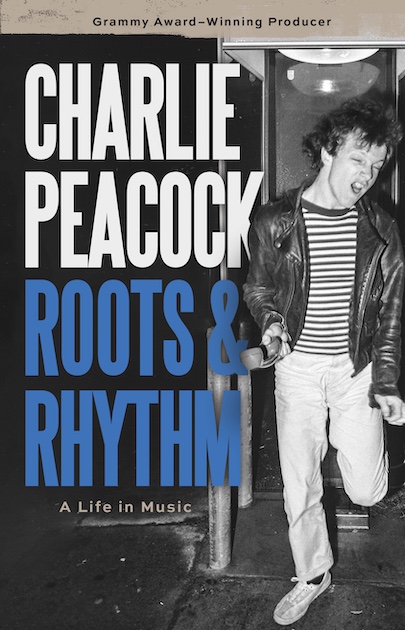Twisted Souls
In A Constellation of Vital Phenomena, Anthony Marra charts the crossfire of dirty wars
At a critical juncture in Anthony Marra’s first novel, A Constellation of Vital Phenomena, Ramzan, an informant for the Russian Federation and a traitor to his Chechnyan village, asks himself, “What did any one person matter when pounded against the anvil of history?” For Ramzan the question is merely rhetorical (and self-serving), the justification for serving up another member of his own community for interrogation and execution, but Marra gives the remark an ironic twist. In this story of suffering and loss, the attempt to preserve—or, failing that, to memorialize— a single life in the face of virtual genocide is a redeeming act amid the surrounding degradations.
 Marra’s novel itself is an attempt to open the eyes of American readers to the human toll of a distant conflict. The story shuffles forward and back along a timeline of the two recent wars that Russia fought against Chechnya, the first starting in 1994, when Yeltsin tried to prove to political enemies that the Soviet Union was not crumbling, and the second between 1999 and 2009, as Russia fought to retain control of the massive oil refineries and pipelines inside Chechnyan territories. The action focuses on an insignificant corner of those conflicts in the mountain village of Eldár, a poor logging community in the best of times. After fifteen years of war, its inhabitants have been reduced to subsistence farming and praying not to run afoul of the occupying Feds.
Marra’s novel itself is an attempt to open the eyes of American readers to the human toll of a distant conflict. The story shuffles forward and back along a timeline of the two recent wars that Russia fought against Chechnya, the first starting in 1994, when Yeltsin tried to prove to political enemies that the Soviet Union was not crumbling, and the second between 1999 and 2009, as Russia fought to retain control of the massive oil refineries and pipelines inside Chechnyan territories. The action focuses on an insignificant corner of those conflicts in the mountain village of Eldár, a poor logging community in the best of times. After fifteen years of war, its inhabitants have been reduced to subsistence farming and praying not to run afoul of the occupying Feds.
The novel open with the capture of Dokka, an Eldár citizen who has been harboring refugees, and the escape of his eight-year-old daughter Havaa, who flees before the Feds take her father away and burn their house to the ground. One of their neighbors, Akhmed, finds Havaa in the woods and manages to sneak her into the hospital at the nearby city of Volchansk. The facility, decimated by mortar fire, has a single surgeon left: all the other physicians have fled the country, but Sonja Rabina still hopes to find her sister Natasha, who went missing more than a year earlier.
Sonja agrees to hide Havaa in exchange for Akhmed’s help in the hospital. He claims to be a practicing doctor who finished in the top ten percent of his class; in reality he often skipped medical lectures in favor of drawing classes. Sonja quickly perceives his ineptitude but keeps him on as an assistant—one who, in a pinch, can be called on to amputate the legs of patients who have stepped on land mines. She has become so inured to the suffering she sees every day, and so emotionally exhausted by her failure to locate Natasha, that she has forgotten what it feels like to form an emotional connection, but she comes to enjoy Havaa’s impetuous presence. The girl cannot replace Sonja’s missing sister, but she offers a tiny ray of hope that when the battles are finally finished, their society might re-design itself in more humane ways.

Ramzan’s father Khassan, a former university professor and author of a massive history of Chechnya, no longer speaks to his son, but he breaks his silence to beg Ramzan to save Akhmed and Havaa, who are young and innocent, and allow himself, now seventy-nine and sick of life, to die. Ramzan’s unspoken response is among the most haunting moments in a novel filled with them: “Ramzan watched him, as frozen and impenetrable as a winter pond. You are mine. I recognize you. We twist our souls around each other’s miseries. It is that which makes us family.”
Still, A Constellation of Vital Phenomena is not a story full of unrelieved suffering. Marra deftly mixes heavy scenes with comedic interludes. Wondering if her sister has passed through Eldár as a refugee, Sonja asks Havaa if she has seen a woman named Natasha who “looked like me.” When the girl says she has not, Sonja presses her: “Like me only beautiful.” Havaa tilts her head and looks at Sonja: “I can’t imagine that,” she says.
The novel’s title comes from one of Sonja’s textbooks: life is “a constellation of vital phenomena—organization, irritability, movement, growth, reproduction, adaptation.” This novel illustrates each of those functions, and yet the title seems simultaneously too dry and too grandiose to fit. Marra’s historical scope, black comedy, and sympathy for victims will remind many readers of Jonathan Safran Foer’s
Anthony Marra will discuss A Constellation of Vital Phenomenon at Parnassus Books in Nashville at 2 p.m. on May 18, 2013.


